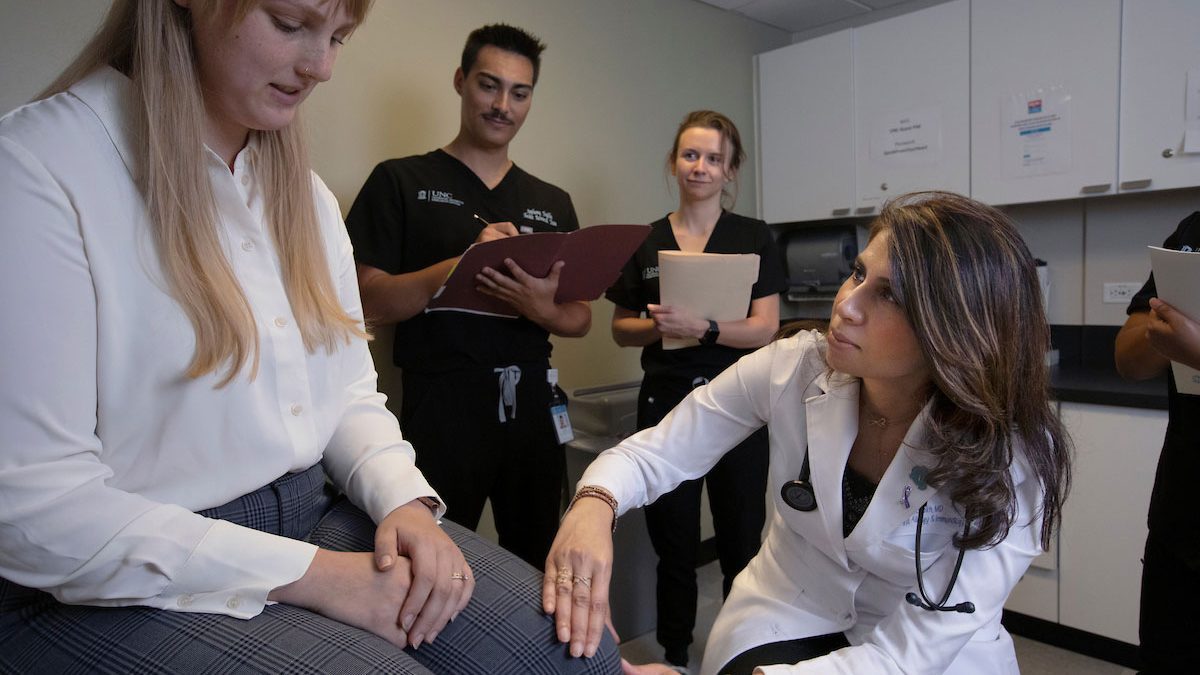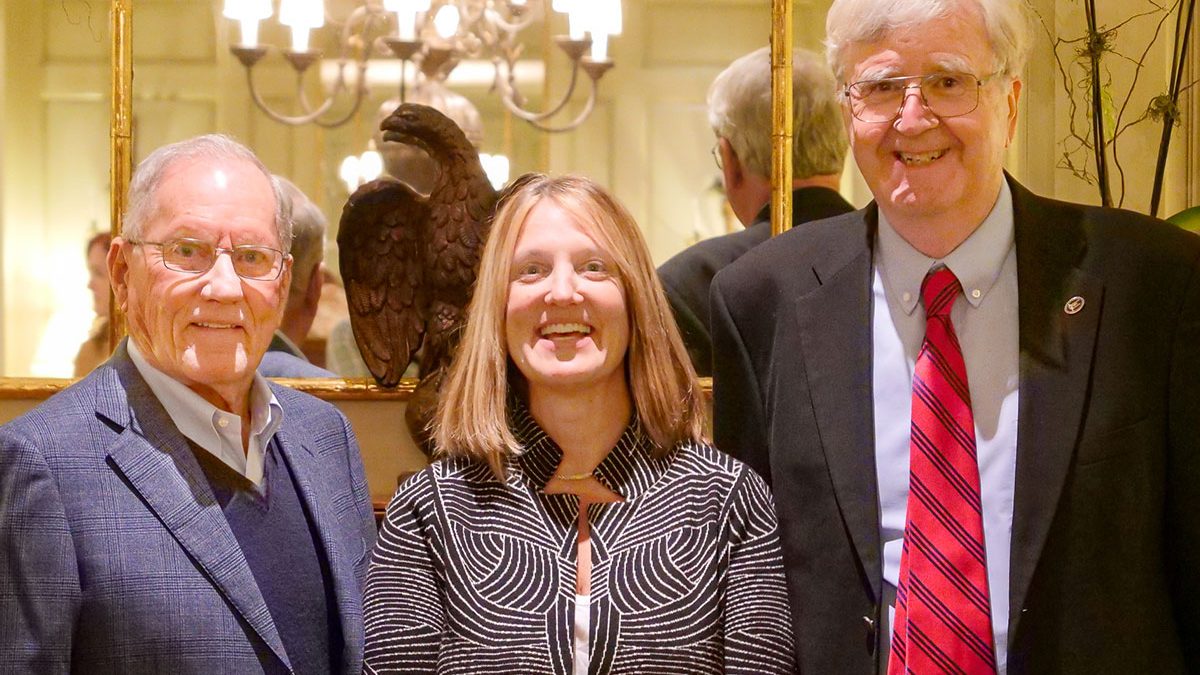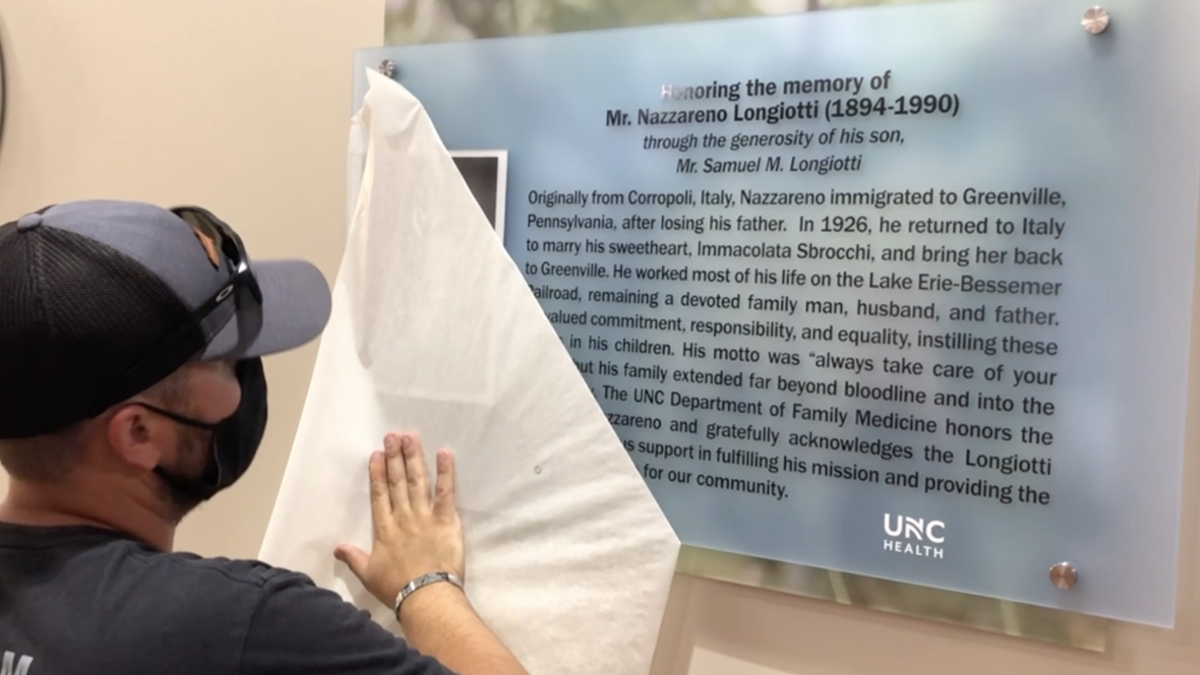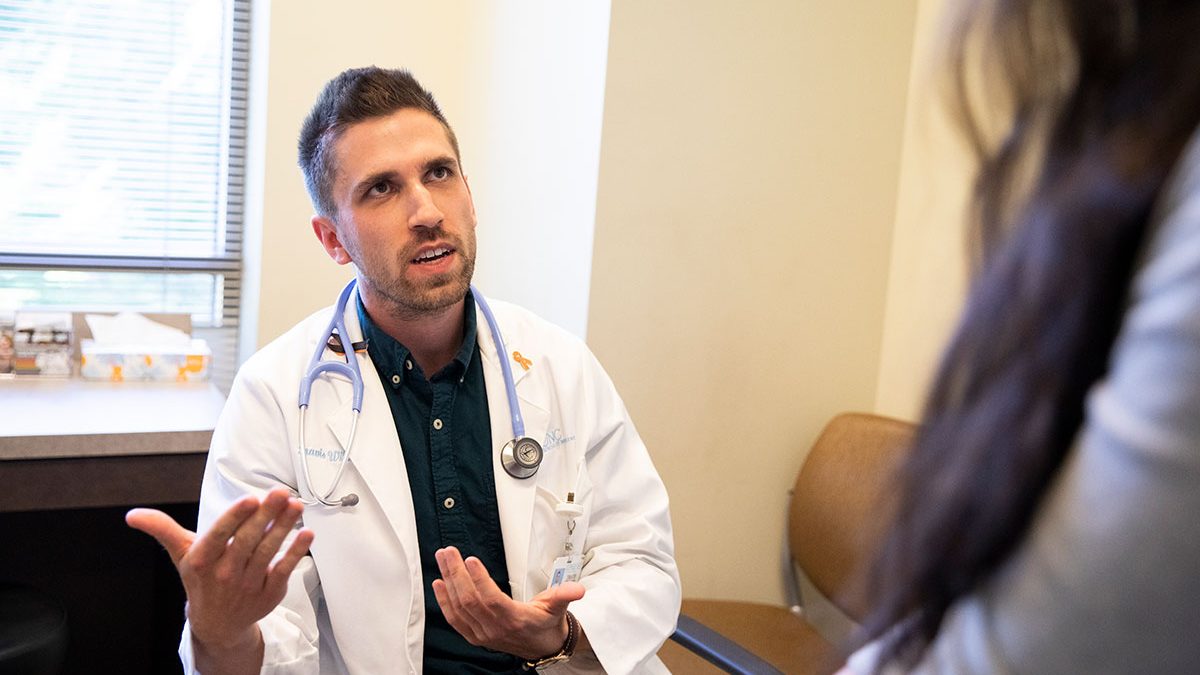Improving child and adolescent mental health
Published on February 21, 2023CHAAMP is one of the first research programs focused exclusively on addressing the gap in child and adolescent mental health services.
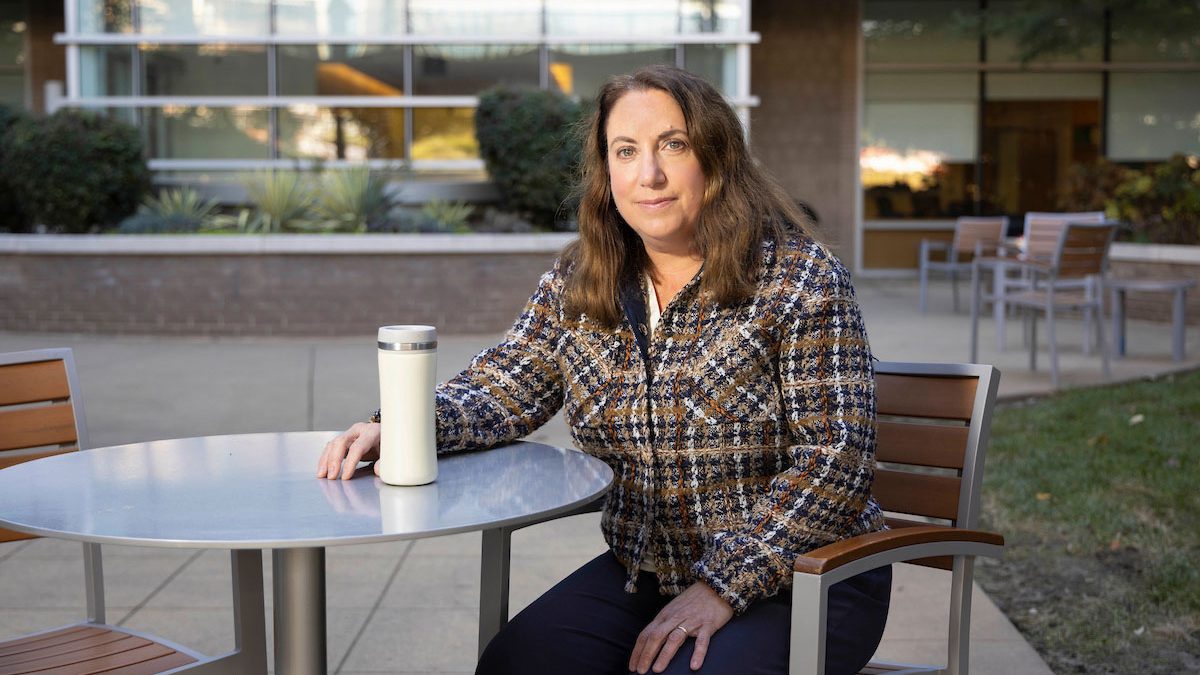
CHAAMP is one of the first research programs focused exclusively on addressing the gap in child and adolescent mental health services.
Samantha Meltzer-Brody, the Assad Meymandi Distinguished Professor and chair of the Department of Psychiatry
The COVID-19 pandemic has shone a spotlight on the mental health challenges facing American children and adolescents. While the rates of anxiety and mood disorders have been high for years, the pandemic magnified the problem, leading to higher numbers of young people in distress, while making mental health services harder to access.
A new program to address the need
Carolina’s mental health professionals are passionate about helping at-risk children and adolescents and quickly delivering help that can have the maximum impact.
Researchers from the UNC School of Medicine Department of Psychiatry are establishing the Child and Adolescent Anxiety and Mood Disorders Program (CHAAMP) to study what causes anxiety and mood disorders in young people, and the consequences of these disorders. Their findings will then be used to develop intervention programs that can be implemented in surrounding North Carolina communities.
“The prevalence of anxiety and mood disorders is so high that it’s hard to find a household untouched by the issue,” said Samantha Meltzer-Brody, the Assad Meymandi Distinguished Professor and chair of the Department of Psychiatry. “Almost everyone has a child, friend or neighbor struggling with an anxiety or mood disorder and caregivers have never been more hungry for support.”
One of the biggest hurdles to a child or adolescent receiving care is lack of access. In many rural North Carolina communities there simply aren’t any mental health professionals. Families in these areas have to drive hours away from home for their child to receive care from a provider outside of their community.
Given the critical shortage of mental health professionals, CHAAMP will evaluate novel, research-backed treatment approaches that leverage all of the important caregivers in a child’s life, including parents, teachers, school counselors and church professionals, in addition to formal treatment delivered by licensed clinical social workers, psychiatrists or psychologists.
The growing crisis
Recent statistics paint a troubling picture of child and adolescent anxiety and depression.
- The rates of child and adolescent anxiety and depression have doubled since the start of the pandemic.
- Anxiety and mood disorders are becoming more acute, posing a higher level of distress or severity, for affected children and adolescents.
- Suicide is now the second leading cause of death for 10- to 14-year-olds.
- The challenge is even greater in North Carolina, where 62%, or nearly two out of every three, youth (12-17 year olds) who are diagnosed with depression don’t receive treatment.
Maximizing positive impact
CHAAMP is one of the first research programs focused exclusively on addressing the gap in child and adolescent mental health services. The team hopes to create a model of clinical and translational research that can be used to help families throughout the country.
Dr. Danielle Roubinov, clinical psychologist and associate professor, serves as director of CHAAMP.
“This work is so important because the early years of development are among the most formative to a child’s lifelong health and wellbeing,” said Roubinov. “If we can find better ways to prevent these issues or intervene quickly when symptoms first begin, we can create healthier lifelong trajectories for children, adolescents and their families.”
The program was created through a $1 million gift from Foundation of Hope, a long-time supporter of the Department of Psychiatry. CHAAMP will also collaborate with the new UNC Suicide Prevention Institute, as appropriate, sharing information and partnering in their efforts to improve outcomes for young people struggling with their mental health.

